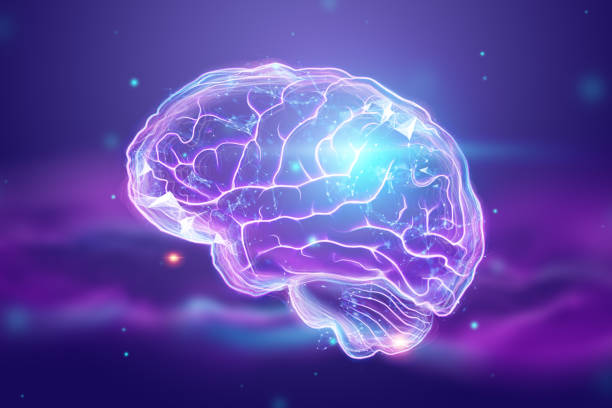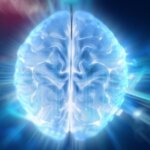Consumption of dietary soy created by gut bacteria may be beneficial at reducing the risk of dementia, according to new research by the University of Pittsburgh.
Appearing in the peer-reviewed journal Alzheimer’s & Dementia: TRCI, researchers measured in more than 80 Japanese adult participants, equol levels within the blood. All of the participants recruited were cognitively healthy.
The participants were grouped based on their equol production status and later received brain imaging scans to identify levels of white matter lesions and deposits of amyloid-beta, a hallmark indicator of neurodegenerative diseases like Alzheimer’s.
Based on their assessment of the imaging scans, the equol production they measured did not affect amyloid-beta deposits in the brain, instead, researchers noticed, was a reduction in white matter lesion volumes.
“White matter lesions are significant risk factors for cognitive decline, dementia and all-cause mortality,” researchers stated in their news release.
“We found 50% more white matter lesions in people who cannot produce equol compared to people who can produce it, which is a surprisingly huge effect.”
Although the findings seem promising, more clinical trials are planned for the future to put its potential neuroprotective effects under a microscope.
“This type of study always catches people’s attention, but we cannot prove that equol protects against dementia until we get a randomized clinical trial with sufficient evidence,” researchers concluded.


